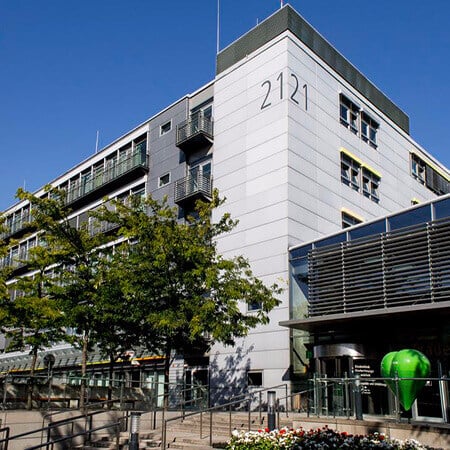About the disease
Rheumatoid arthritis is a chronic condition which results in the inflammation of the joints. It can also affect skin and such vital organs as eyes, lungs and heart. This is an autoimmune condition meaning that it develops when immune system starts to affect its own joints and other organs for some unknown reason. It is mostly manifested by the swelling of the joints which is usually painful. Overtime, rheumatoid arthritis can lead to erosion of bones. It can also lead to deformity of joints, especially fingers. Very often joints from both sides of the body are affected. According to Mayo Clinic, approximately 40% of patients with rheumatoid arthritis have problems with other organs, in addition to their joints. Most commonly, rheumatoid arthritis in such cases affects the skin.
Rheumatoid arthritis develops when the membranes of the joint lining become attacked by the immune system. This lining is known as synovium. Over time, this lining thickens. As a result, the cartilage of the bones becomes destroyed.
The exact cause of rheumatoid arthritis has not been determined. Some doctor believe that genetic predisposition plays an important role. Nonetheless, genetic predisposition can become a precipitating factor, meaning that a person with predisposition may develop rheumatoid arthritis as a result of infection or some adverse environmental factor. In such cases people may avoid developing rheumatoid arthritis by leading healthy lifestyle and avoiding being infected.
According to Mayo Clinic, this condition is more prevalent among women. Usually, it begins to manifest itself between 40-60 years of age. Smoking and obesity put a person into the risk group as well.
Symptoms
- Swollen joints
- Tenderness in the joint area
- Painful stiffness
- Fever
- Fatigue
- Weight loss
Diagnosis
- During a general examination the doctor will examine the joints of the patient to determine if he/she has swelling, pain, tenderness of unusual warmth in the area.
- The doctor will ask if any of the member of the patient's family has rheumatoid arthritis.
- The doctor will check the neurological reflexes and will also check the muscle strength of the patient.
- It is difficult to diagnose rheumatoid arthritis for sure in its beginning stages that`s why the doctor may need to monitor patient for some time before giving the definitive diagnosis.
- Imaging tests, such as an X-ray or MRI/CT scans, can be used to check the joints and cartilage and determine the damage done to them.
Treatment
- Conservative treatment includes nonsteroidal anti-inflammatory drugs and corticosteroids to alleviate the pain and also reduce joint stiffness.
- Administration of dendritic cells is the novel non-surgical option, you can find more information about it here.
- Physical therapy may be used to increase joint flexibility and also alleviate the pain in the joints.
- Surgery may be used if some cartilage or tendons are damaged to the point they need to be replaced.
Authors: Dr. Nadezhda Ivanisova, Dr. Sergey Pashchenko

















